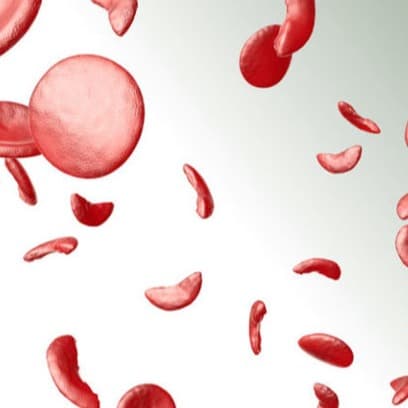What Does It Mean When Your Child Has Sickle Cell Disease?
Learn about sickle cell disease, its impact on your child's health and how to manage the condition with helpful information and resources.

Your child’s blood has many important jobs. It brings oxygen and nutrients to their organs, carries cells to fight off infections, and carries waste to their kidneys and liver to be filtered out of their body. In other words, healthy blood is vital to your child’s health.
Blood is made up of:
Plasma: the liquid part of the blood, which transports blood cells throughout your body
Platelets (thrombocytes): cell fragments that can form clots, which help stop wounds from bleeding
White blood cells (leukocytes): cells that help keep the body protected against infections
Red blood cells (erythrocytes): cells that help carry oxygen to the body and bring carbon dioxide back to the lungs
When your child has sickle cell disease, their red blood cells are damaged.
What is Sickle Cell Disease?
Normal, healthy red blood cells are round and carry oxygen throughout the body. If your child has sickle cell disease, their red blood cells become hard, sticky, and shaped like the letter “C”.
These sickled red blood cells can get stuck in small blood vessels, slowing or stopping the flow of blood and oxygen to parts of the body, such as the legs and arms, lungs, heart, and brain. This decreased blood flow can cause pain (usually in the lower back, arms, legs, chest, or belly), lead to infections, and make it difficult for your child’s organs to function properly.
Sickled red blood cells also only live 10 to 20 days, compared to 90 to 120 days for normal red blood cells. Because of this, your child may not have enough red blood cells. This is called anemia. Symptoms of anemia may include:
Paleness
Tiredness
Dizziness
Headache
Shortness of breath
Fast heartbeat
What Are The Potential Complications Sickle Cell Disease Can Cause?
Because red blood cells have such an important job, there are a number of ways sickle cell disease can take a toll on your child’s health. These complications range from mild to severe.. Complications include:
Contact Us
To make an appointment, contact the Children's Nebraska Hematology & Oncology team at 402.955.3950.
